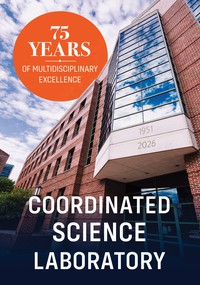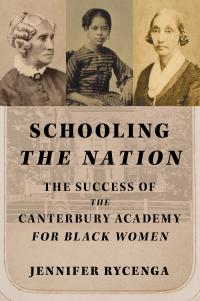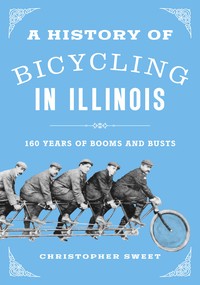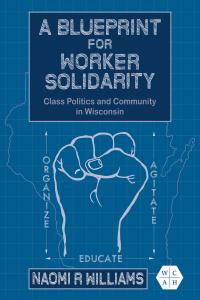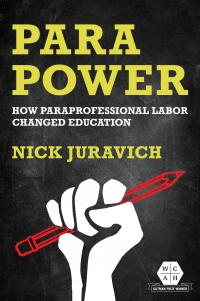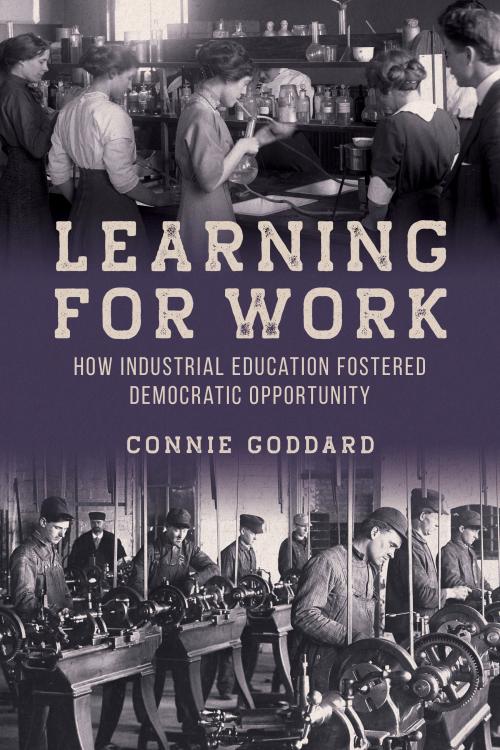
Learning for Work
About the Book
Founded in 1883, the Chicago Manual Training School (CMTS) was a short-lived but influential institution dedicated to teaching a balanced combination of practical and academic skills. Connie Goddard uses the CMTS as a door into America's early era of industrial education and the transformative idea of "learning to do."Rooting her account in John Dewey's ideas, Goddard moves from early nineteenth century supporters of the union of learning and labor to the interconnected histories of CMTS, New Jersey's Manual Training and Industrial School for Colored Youth, North Dakota's Normal and Industrial School, and related programs elsewhere. Goddard analyzes the work of movement figures like abolitionist Theodore Weld, educators Calvin Woodward and Booker T. Washington, social critic W.E.B. Du Bois, Dewey himself, and his influential Chicago colleague Ella Flagg Young. The book contrasts ideas about manual training held by advocate Nicholas Murray Butler with those of opponent William Torrey Harris and considers overlooked connections between industrial education and the Arts and Crafts Movement.
An absorbing merger of history and storytelling, Learning for Work looks at the people who shaped industrial education while offering a provocative vision of realizing its potential today.
* Publication was supported by a grant from the Howard D. and Marjorie I. Brooks Fund for Progressive Thought.
About the Author
Connie Goddard is a journalist and independent scholar who has coauthored two previous books about Chicago.Reviews
"Goddard’s Learning for Work: How Industrial Education Fostered Democratic Opportunity explores this fascinating period of educational change to show how industrial education kept students engaged and . . . is particularly timely as debates about the proper role of education in the postindustrialera continue to churn."--The Journal of the Gilded Age and Progressive Era
"Goddard’s book provides a fascinating look at the lesser-known history of manual training within the US and a deep exploration of individuals whose philosophies influenced this movement."--International Review of Social History
Blurbs
“Learning for Work is a vibrant history of industrial education in the Progressive Era, a history shaped as much by now-unknown students and teachers as by more famous reformers and intellectuals. In recovering the story of the Chicago Manual Training School and its offshoots, Goddard also brings into focus debates over the relationships between education, work, opportunity, and social mobility in a nation structured, then as now, by hierarchies of race and class.”--Rosanne Currarino, author of The Labor Question in America: Economic Democracy in the Gilded Age
